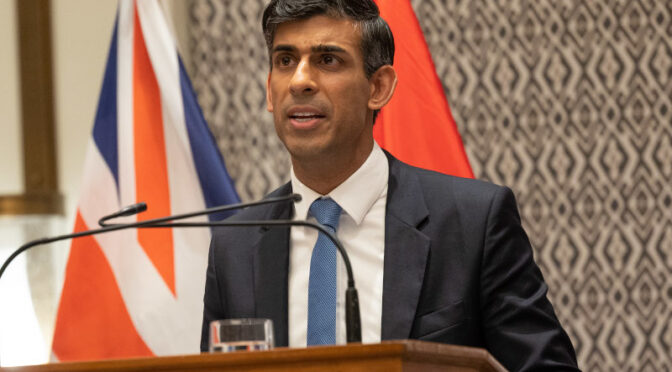Article published in The Daily Telegraph, 16 February 2023. © Richard Kemp
Another day, and yet more worrying news from the frontline: Ukrainian troops are firing as many as 6,000 artillery shells a day to try and beat back Russia’s new offensive. It is an expenditure rate the West is struggling to feed; so high that Defence Secretary Ben Wallace has said that Ukraine’s forces could run out of ammunition unless they use it more sparingly.
His comments remind us of an essential truth: that brute force and, critically, the ability to sustain and replenish it over an extended period, is historically what wins wars in the end.
This rule counters the orthodox interpretation of this war so far. For many, Ukraine’s early success against apparently overwhelming Russian force suggested that high-tech weaponry – and nimbleness in strategy and deployment – were enough to defeat larger forces. It also vindicated the British military consensus that we should invest in cyber, computers, unmanned vehicles, and ‘ranger’ units to train, advise and mentor allies rather than in combat infantrymen, heavy armour and other conventional weapons – sometimes disparagingly referred to as ‘legacy’ capabilities.
But that is not what the war has shown us at all. Indeed, it would be disastrous if Vladimir Putin’s failures fooled the West into thinking that hard military power is a thing of the past. His forces have struggled not because they have relied on the massive use of tanks, armoured vehicles, and troops against a nimbler opponent, but because those capabilities have not been deployed effectively.
And on the Ukrainian side, yes, cyber and drones have played a role, with electronic intelligence and airborne surveillance also pivotal. But the true game-changers have been the heavy, punchier weapons provided by the US, such as HIMARS, which have been particularly devastating against Russian logistics bases, starving front line forces of vital combat supplies. Likewise, tanks and armoured infantry fighting vehicles have shown their persistent combat utility, which is why they are at the top of Zelensky’s list for military aid. Continue reading







